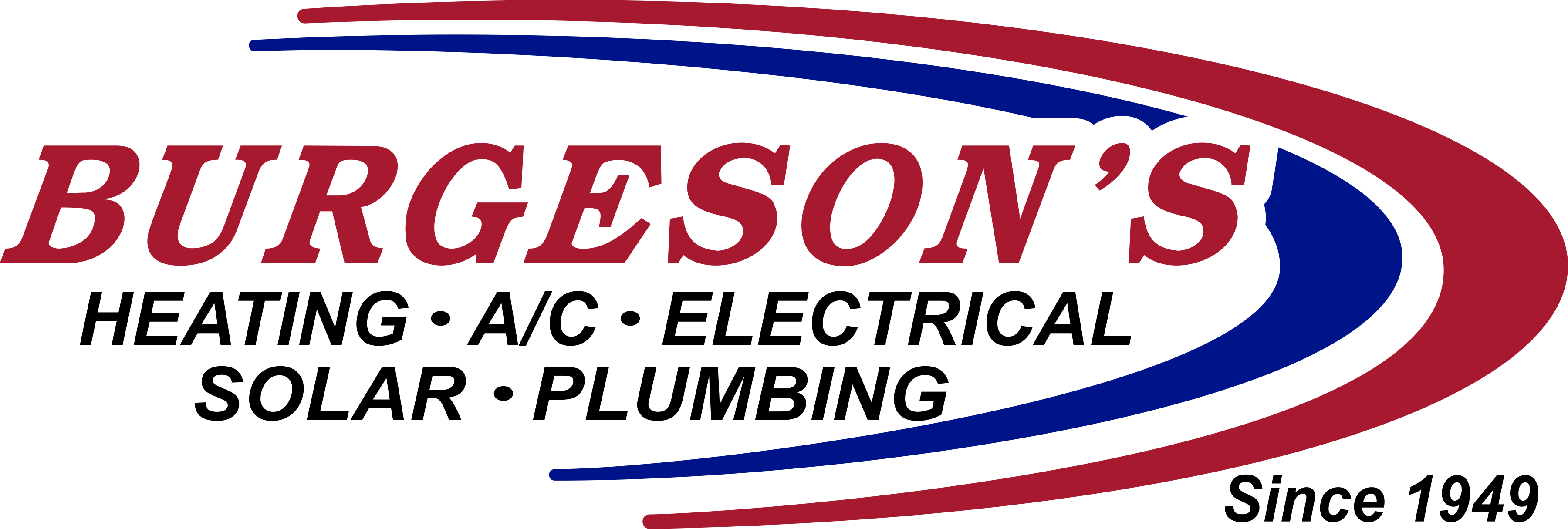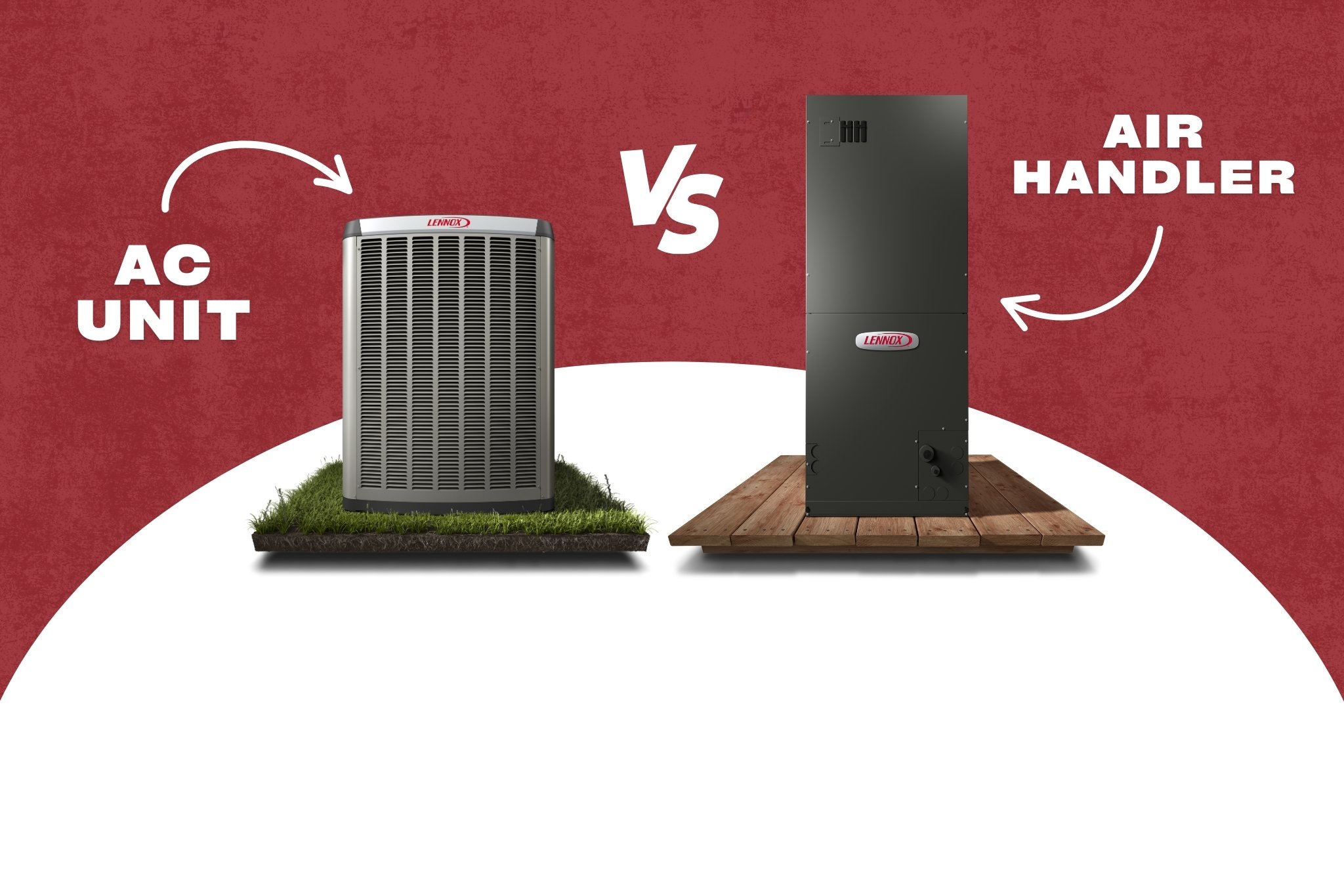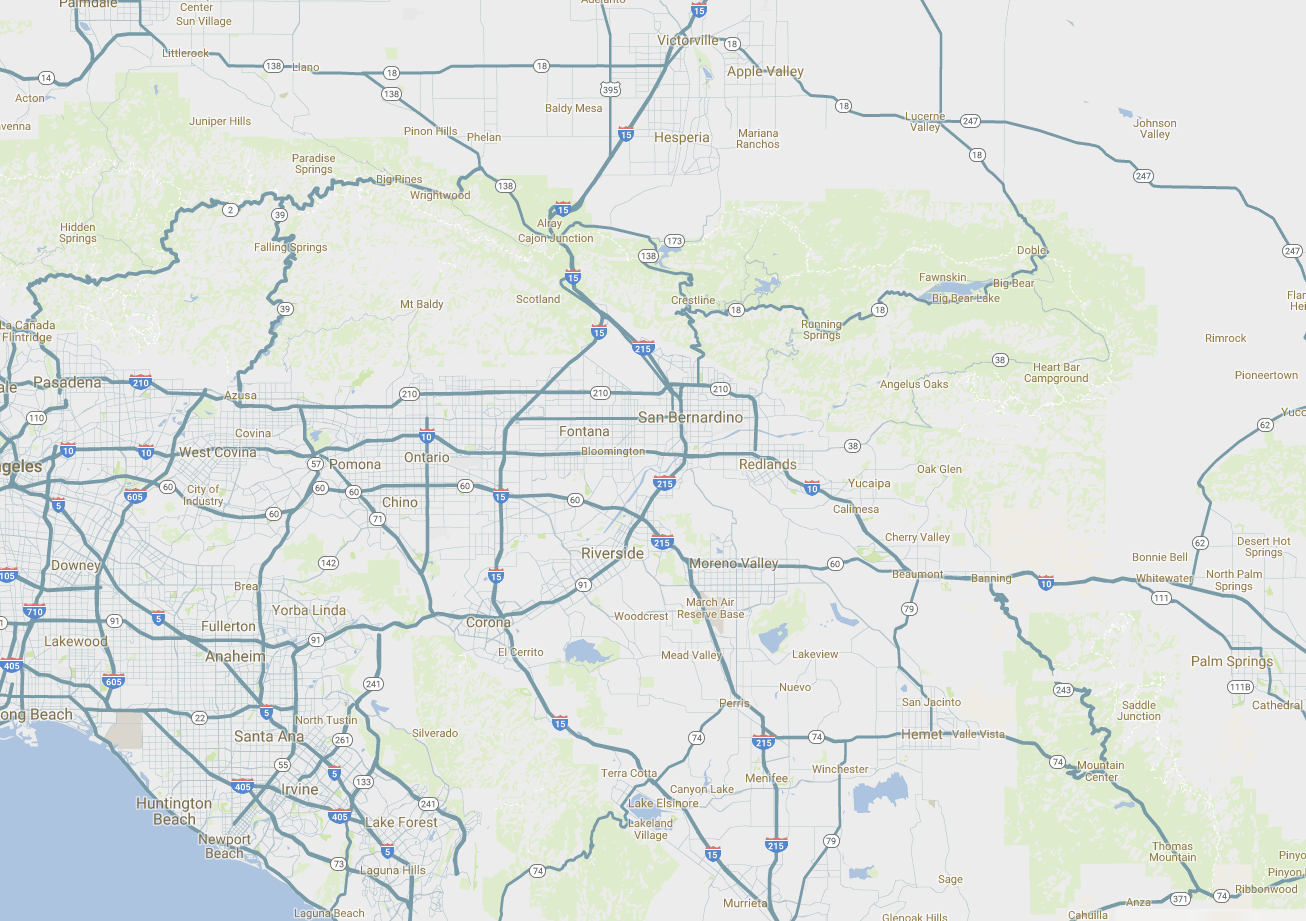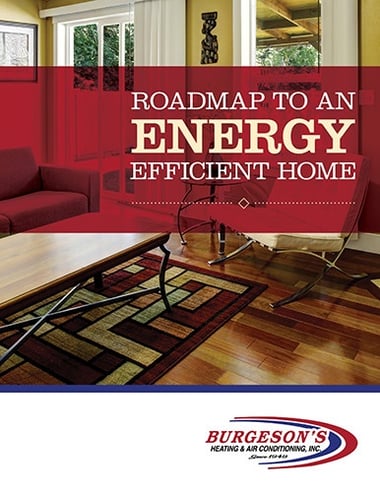What's the Difference between an AC unit and an Air handler?
There has never been a better time to purchase a new HVAC system than now. HVAC system manufacturers have made it surprisingly convenient and affordable to heat and cool any living space, even if no ductwork is present. The only obstacle to finalizing a purchase is knowing what type of equipment to buy.
The plethora of components and complete systems could intimidate any smart buyer. To soothe those worries, one of our Southern California techs is answering one of the most common HVAC questions: What is Air handler vs air conditioner?
WHAT IS AN AIR HANDLER?
An air handler is an indoor HVAC unit responsible for circulating and distributing conditioned air throughout a home. It works with both heating and cooling systems, making it a key part of split-system air conditioners or heat pumps. Air handlers are often confused with furnaces because they look similar, but they do not generate heat directly. Instead, they help distribute air cooled by an AC or conditioned by a heat pump.
HOW IT WORKS
1. Air Intake – The system pulls indoor air in through the return ducts.
2. Filtration – The air passes through a filter to remove dust, allergens, and debris.
3. Temperature Control – The air flows over a coil that either heats or cools it (depending on the system type).
4. Air Distribution – A blower fan then pushes the conditioned air through the ducts into each room.
Most air handlers have variable-speed motors, which improve efficiency and help maintain a consistent indoor temperature.
WHAT IS AN AIR CONDITIONER?
An air conditioner (AC) is an outdoor cooling system that removes heat from your home and releases it outside. Unlike an air handler, an AC does not circulate air but focuses solely on cooling it.
HOW IT WORKS
1. Heat Absorption – Warm indoor air is drawn into the system and passes over a refrigerant coil inside the air handler.
2. Heat Transfer – The refrigerant absorbs heat, turning into a high-pressure gas.
3. Heat Release – The refrigerant flows to the outdoor unit, where the compressor and condenser help release the heat outside.
4. Cool Air Circulation – The cooled refrigerant returns inside, and the air handler blows cool air through the ducts.
Many people think ACs "add cold air," but they actually work by removing heat from the air in your home! Click this post to learn how refrigerants work.
THE KEY DIFFERENCES
While searching for Air conditioner vs air handler, remember both of them have distinct roles. Here’s a breakdown of their key differences:
FUNCTIONS
1. Air Handlers are the indoor component for homes with heat pump systems.
2. Air Conditioners are the outdoor component of an HVAC system that is paired with an indoor furnace.
COMPONENTS
|
Air Handler |
Air Conditioner |
|
|
Coil |
✅ (Used for heating & cooling) |
✅ (Used for cooling) |
|
Blower Fan |
✅ (Moves air through ducts) |
❌ (No blower in AC unit) |
|
Compressor |
❌ (No compressor) |
✅ (Moves refrigerant) |
|
Refrigerant |
✅ (Works with AC or heat pump) |
✅ (Transfers heat outside) |
|
Duct System |
✅ (Distributes air) |
❌ (Does not push air) |
LOCATIONS
1. Air Handlers are always indoors (attic, basement, or utility closet).
2. Air Conditioners are outdoors, usually placed on a concrete pad next to the house.
SYSTEM INTEGRATIONS
1. An air handler connects to an outdoor heat pump to circulate conditioned air.
2. An AC must be paired with an air handler or a furnace to distribute cool air properly.
Click to Understand How Thermostats Impact HVAC Performance.
NEED HELP? CONTACT THE PROFESSIONALS AT BURGESON’S!
HVAC systems such as Air handling unit vs air conditioning unit involve many complex components, but we’re here to help! Whether you need an air handler, air conditioner, or full system upgrade, our experts at Burgeson’s Heating, A/C, Electrical, Solar & Plumbing will guide you through the best options for your home.
Call us at (909) 792-2222 or













